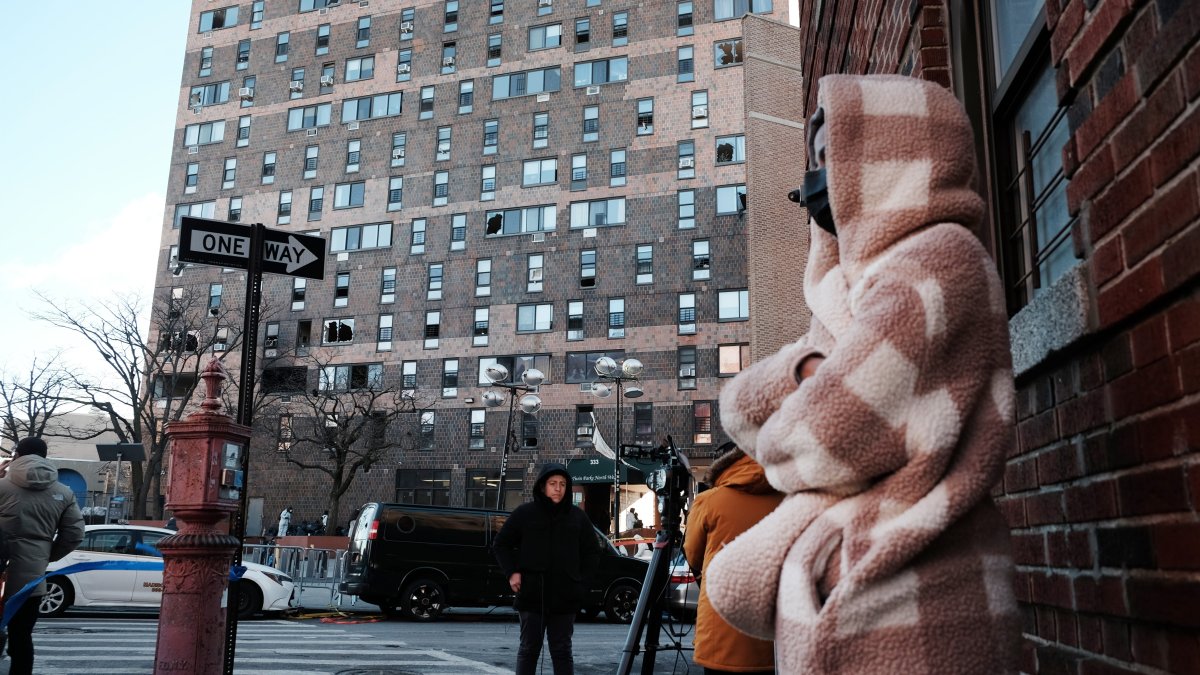
A new bill, proposed by Senator Kirsten Gilibrand, seeks to require the installation of heat sensors in rental housing financed with federal funds. This is so federal, state, and local housing managers can assess heat levels in real time, prevent future fire tragedies, and improve disaster safety and housing quality.
The bill comes after the recent fire in the Bronx that claimed the lives of 17 New Yorkers, including 8 children, and was considered the deadliest in the last 30 years.
This legislative effort received initial support from New York City Mayor Eric Adams, who co-authored a similar municipal law as Brooklyn Borough President with then-Councilman Ritchie Torres. Congressman Torres leads complementary legislation in the House of Representatives.
Last month, Gillibrand was joined by Congressman Ritchie Torres, Mayor Eric Adams and elected officials from the Bronx Fire Safety Task Force during a visit to the site of the Bronx Fire. Twin Parks North West. During their visit, Gillibrand and Torres announced their intent to spearhead this bill to hold certain federally funded buildings liable for heating violations.
The Housing Temperature Safety Act of 2022 legislation would create a federal law requiring the installation of heat sensors in federally funded rental housing. This would allow the US Department of Housing and Urban Development and state and local housing managers to receive information on housing unit temperatures and ensure compliance with the heat requirements of the Housing Quality Standards.
Specifically, the Housing Temperature Safety Act of 2022 would:
- Require installation of heat sensors in HUD-assisted housing units: including federal public housing, HUD-assisted rental assistance programs, housing for people with AIDS, Section 202 housing for low-income seniors, and rural housing assistance programs.
- Require owners of covered units to collect data from internet-connected sensors 6 times a day.
- Directs the Secretary of HUD to publish the guidance 180 days after enactment.
- Requires a report one year after enactment on the status of implementation: This report would include data collected from heat sensors and the number of units with sensors, owners who installed sensors, and deaths in a covered building related to fire, hypothermia, or other temperature-related causes.
Senator Gillibrand is also a co-sponsor of the Fire Safety in Public Housing Act, which would establish a grant program to provide federal funds to public housing agencies to install automatic sprinkler systems.
To view the full bill here.



